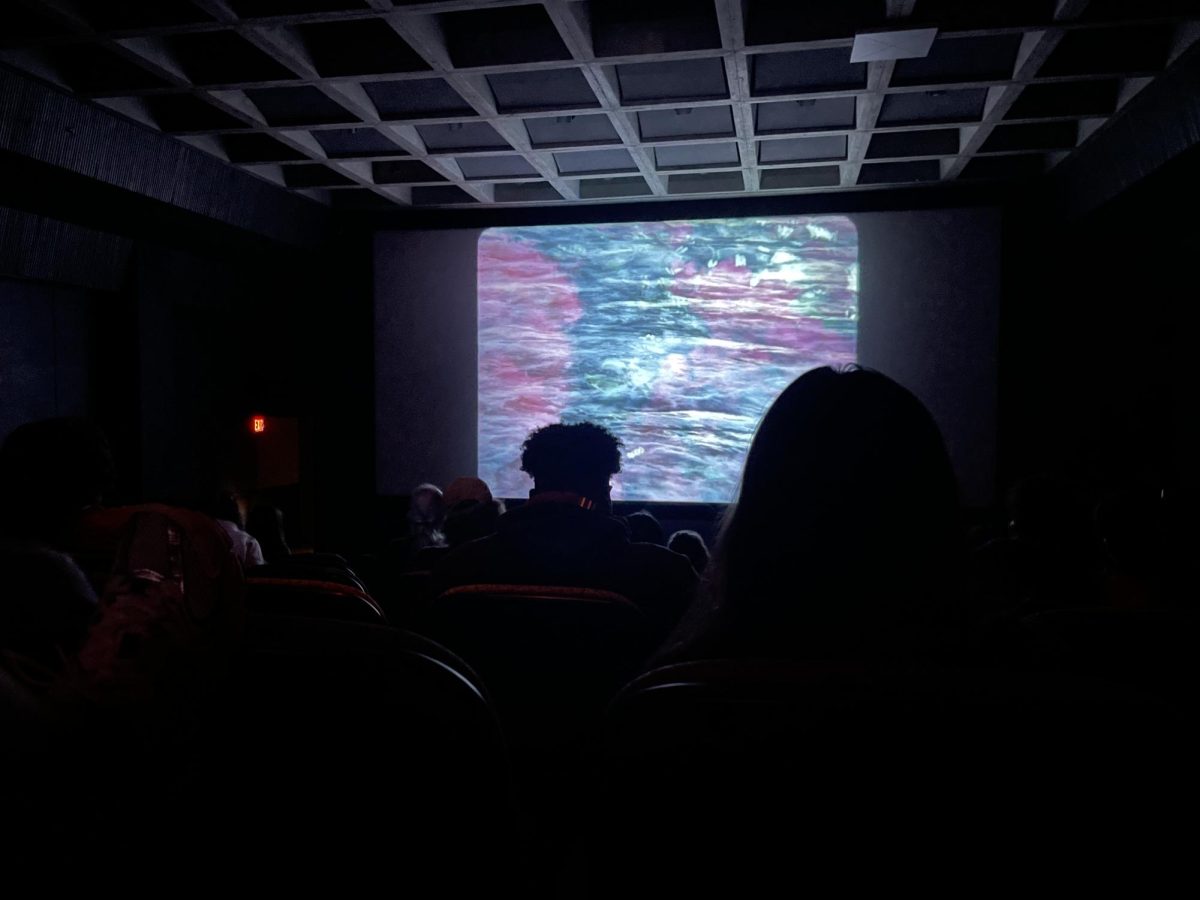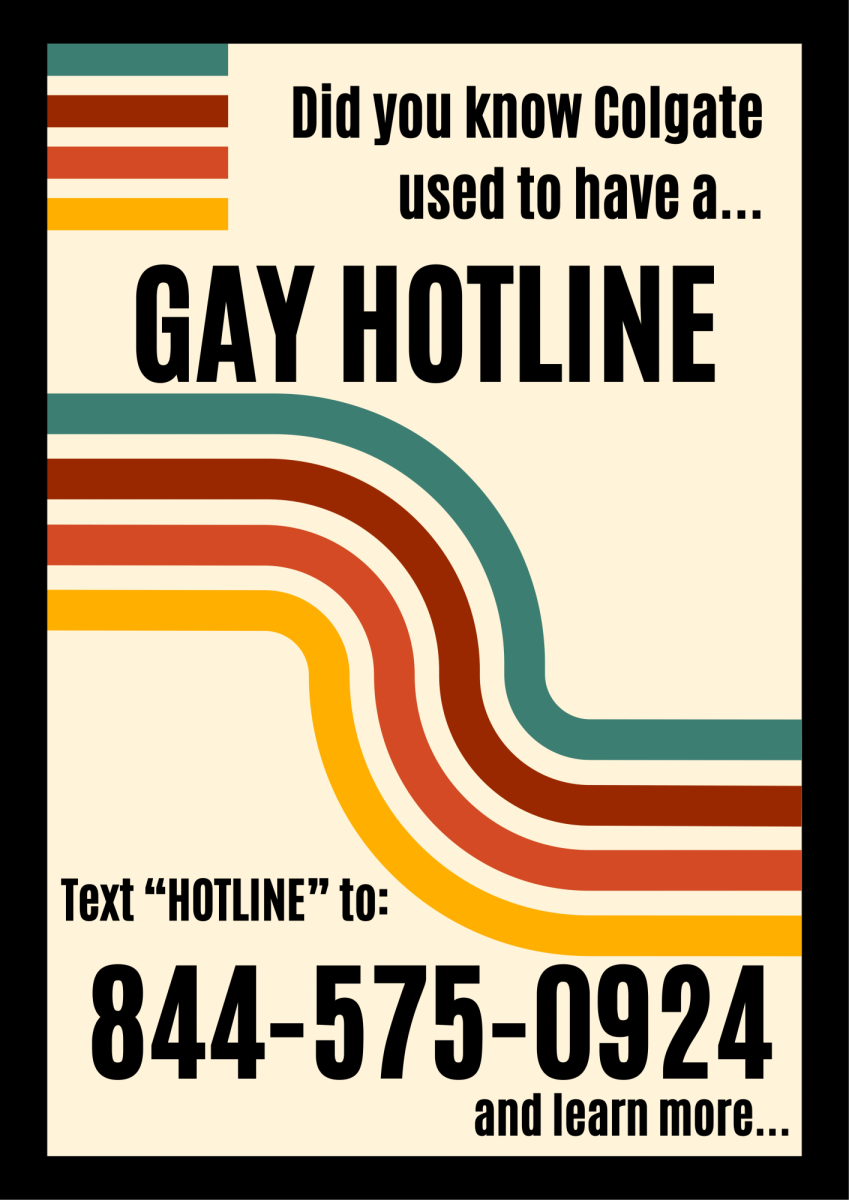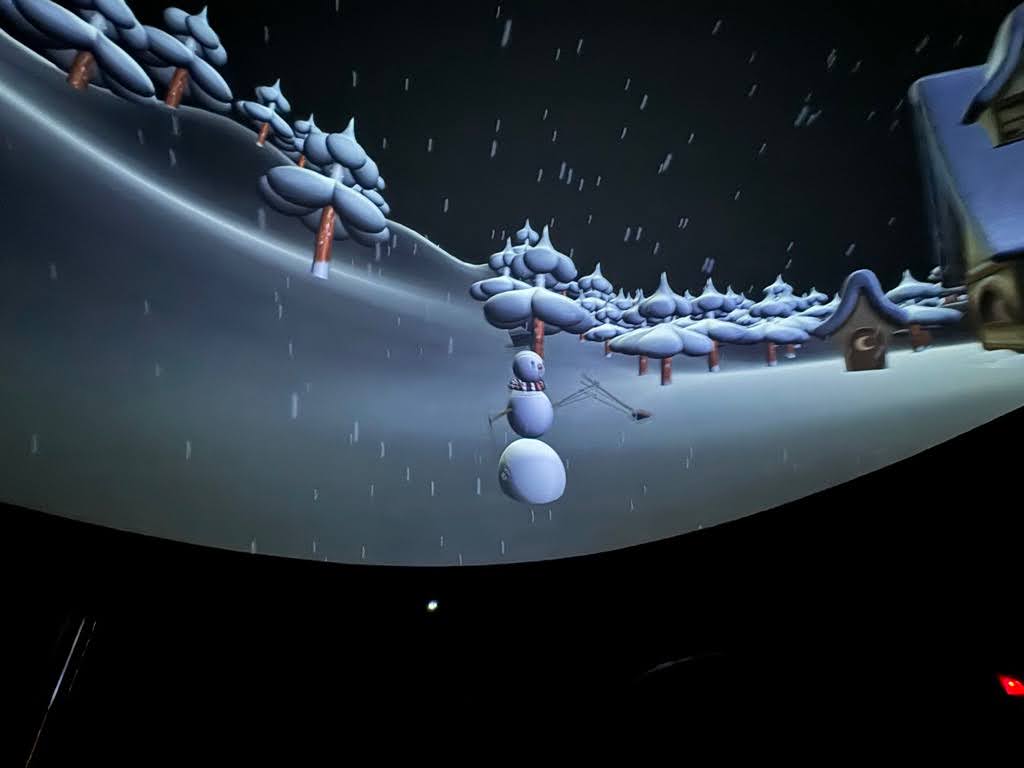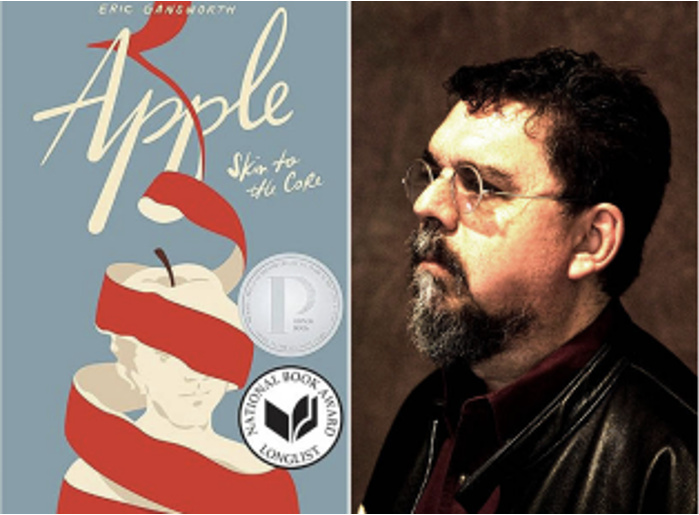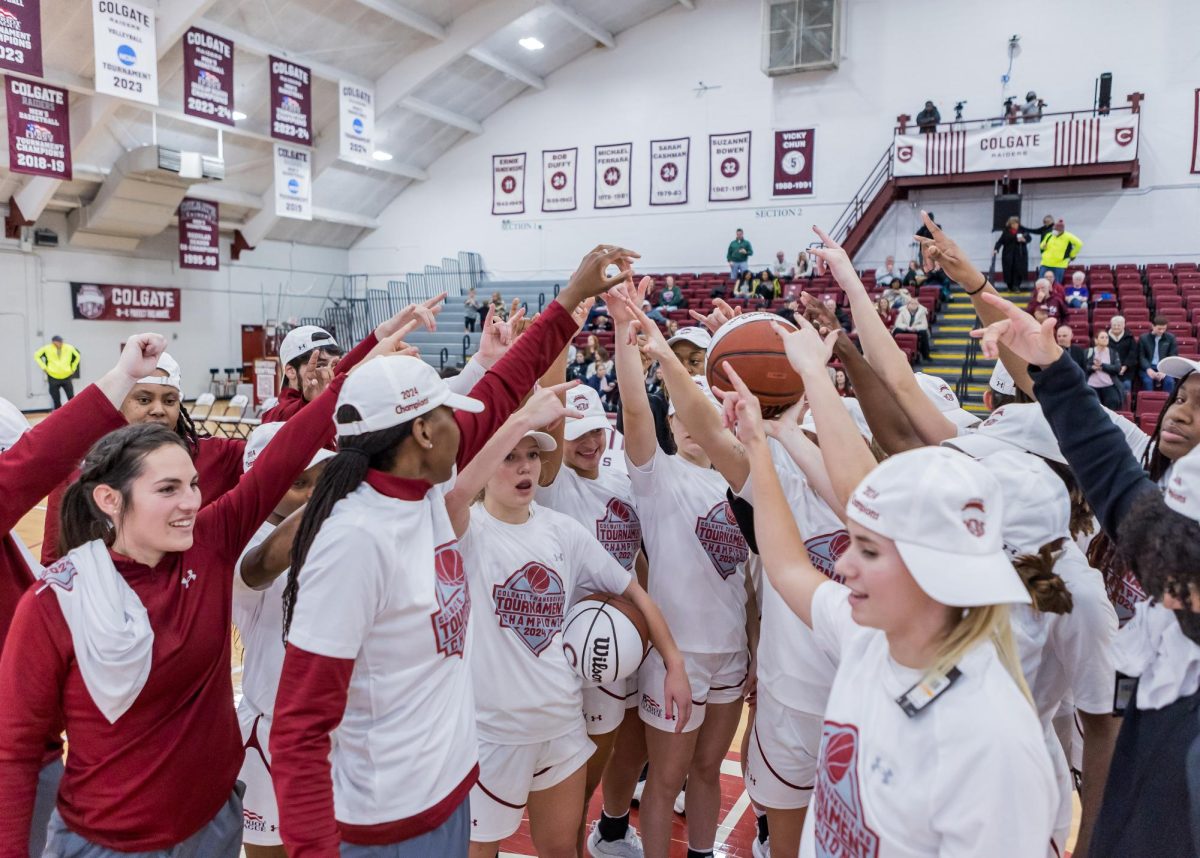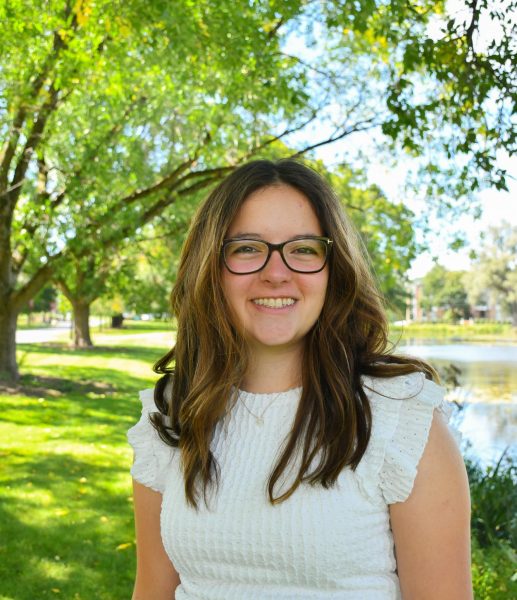Students and faculty gathered to view “Transformations,” part of the Revolutions Per Minute (RPM) Film Festival 10th Anniversary Program, at Colgate University on Tuesday, April 16. “Transformations” was the second of two programs screened at Colgate this semester. The event explored the formal and conceptual possibilities of working with film through showcasing the diverse body of works shown at the RPM festival this year. RPM is a Boston-based, artist-run festival celebrating cinematic work.
A total of 11 short films were chosen to be featured in “Transformations,” programmed by Visiting Assistant Professor of Art Lindsey Lodhie. Lodhie described her role as the programmer for the event.
“As the programmer of the Alternative Cinema Film Series this academic year, I reached out to many different filmmakers, artists, curators, programmers and scholars who could contribute to our curriculum in art and film and media studies,” Lodhie said. “In this case, Wenhua Shi, an artist, programmer and professor of art at UMass [University of Massachusetts] Boston, reached out to collaborate on one or more events to celebrate the 10-year anniversary of the RPM festival, which began at Colgate in 2013 when he was a faculty member in the department of art.”
Each of the films supplemented what students are learning in Lodhie’s Analogue Filmmaking course this semester. Wenhua Shi and Benny Shaffer collaborated on the curation of “Transformations” by reviewing films that were previously screened at RPM festivals and strategically choosing films that would be relevant to the course. The films exemplified how artists experimented with 16 millimeter film using a multitude of techniques such as multiple exposure, contact printing and DIY printing.
Students viewed the series of 11 films in order to further understand and engage with work done by other filmmakers. Lodhie elaborated on how this experience supplemented their coursework.
“Our filmmaking students are often inspired by the many curated film festival programs we present each year in both Alternative Cinema and the Ryan Family Film Series,” Lodhie said. “I have given assignment prompts that ask students to directly respond to a short film we’ve screened through a new film work of their own, and many will pick up alternative techniques, themes and other aesthetic approaches from these works within their own artistic practice.”
Students such as first-year Scarlet Fishkind engage with cinema through their class, ARTH 287: History and Theory of Cinema, which is taught by Associate Professor of Italian and Film and Media Studies Monica Facchini. Fishkind shared that the course discusses elements of film theory such as editing, the mise-en-scène (or stage design, including the arrangement of actors), CGI and stardom.
“Every Tuesday, we have a film screening or attend the Ryan Film Series,” Fishkind said. “This past Tuesday was our second screening of 16 millimeter, experimental film […]. In class, we have discussed the importance of both the digital and the analog. Although analog film is a dying practice, we have focused on the ‘vital decay’ of this kind of film, which is the continuous altering of the film every time it is run through the projector. This makes analog unique in its own way.”
Fishkind shared that she was particularly interested in how the duration of the film influenced the importance of the techniques used by each artist.
“The experimental film we watched on [April 16] was interesting to me because their screen duration was short, and therefore the cinematography, editing and elements of the mise-en-scène were even more important than a standard film,” Fishkind said.
Understanding film techniques is essential to studying film, but it is a student’s passion that allows them to become fully immersed in the art of film. Colgate students who marry their passion for film with their knowledge of its techniques exemplify the power of balance.
First-year Ellie Chung shared her inspiration behind enrolling in film courses at Colgate.
“I decided to take film [classes] because I’ve grown up watching movies with my family,” Chung said. “My Saturday and Friday nights were always strictly reserved for movie nights with my parents; we would sit on our recliner chairs and bring out the snacks. I wanted to learn a little bit more about the magic behind all of the movies I love so much, which is why I thought [Introduction to Film and Media Studies] would be a really interesting class to take.”
Among many students in the audience, Chung in particular gained an appreciation for a multitude of skills used to create the featured RPM films.
“A lot of the films we’ve watched in class were really experimental and helped broaden my knowledge on how film can be utilized in so many ways, whether that be through different modes of storytelling, [playing] with visuals and sound without a particular plot [or] film and media as a tool for socio-political activism,” Chung said.
This unique program that seeks to educate and inspire those interested in film was made possible through the collaboration of Colgate’s film and media studies program with the department of art and art history, as well as the New York State Council on the Arts, supported by the Office of the Governor and the New York State Legislature.


